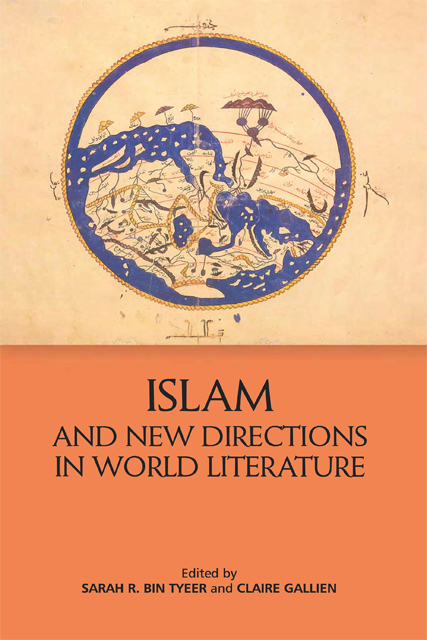11 - A Fine Romance: Translating the Qissah as World Romance
Published online by Cambridge University Press: 14 July 2023
Summary
World literature is produced when a set of texts is read in a certain way. It is ‘a mode of reading’ that arises out of the historical and intellectual circumstances of its readers. Therefore, Aamir Mufti has been able to identify a foundational role for Orientalism in the rise of world literature described by David Damrosch, through careful historicisation. Already in Goethe’s own time, the ‘Orientalist knowledge revolution’ that accompanied and enabled the era of Western settler colonialism was the motor for the induction of Orientalised expressive traditions into the world literary system that was taking shape in western Europe and North America. What was the ‘world’ assumed and conjured by the idea of the ‘romance’ as a world literary genre, and how did Orientalism produce the space and time of that world? In the present study, I shall argue that the worldwide romance genre, supposed to comprehend the genres of narrative properly referred to as qissah, hikāyat, dāstān, kathā, etc., was fashioned in an Orientalising manner that mapped onto the ‘Oriental romance’ the inert antiquity of the Occidental romance genre, normatively locating the Orient as the ancient origin of the world romance. The smooth consistency of the world romance genre therefore concealed a chrono-Orientalism that made it possible, and that consigned the qissah to little more than an antiquarian significance. The world of world romance was one of delightful, obsolete irrelevance, and insofar as Orientals continued to inhabit the world that Europe had left behind for modernity, the schizochronic condition of the world provided a justification for the mission civilisatrice. My argument owes a great deal to Sara Grewal’s interrogation of the ghazal as lyric, in which she points out how the discourse of the ghazal as world literature conceals the colonial dismissal of the ghazal as ‘backward’.
Against the Romance-Qissah Translation
The genre of verbal art called the qissah or dāstān has been referred to in English by a variety of names. At times, these English genre names have been determined in part by the commentator’s view of a specific text, as when the story of Amir Hamzah was in 1892 referred to as a ‘novel’, or when the Shahnameh is referred to as an ‘epic’.
- Type
- Chapter
- Information
- Islam and New Directions in World Literature , pp. 295 - 327Publisher: Edinburgh University PressPrint publication year: 2022

